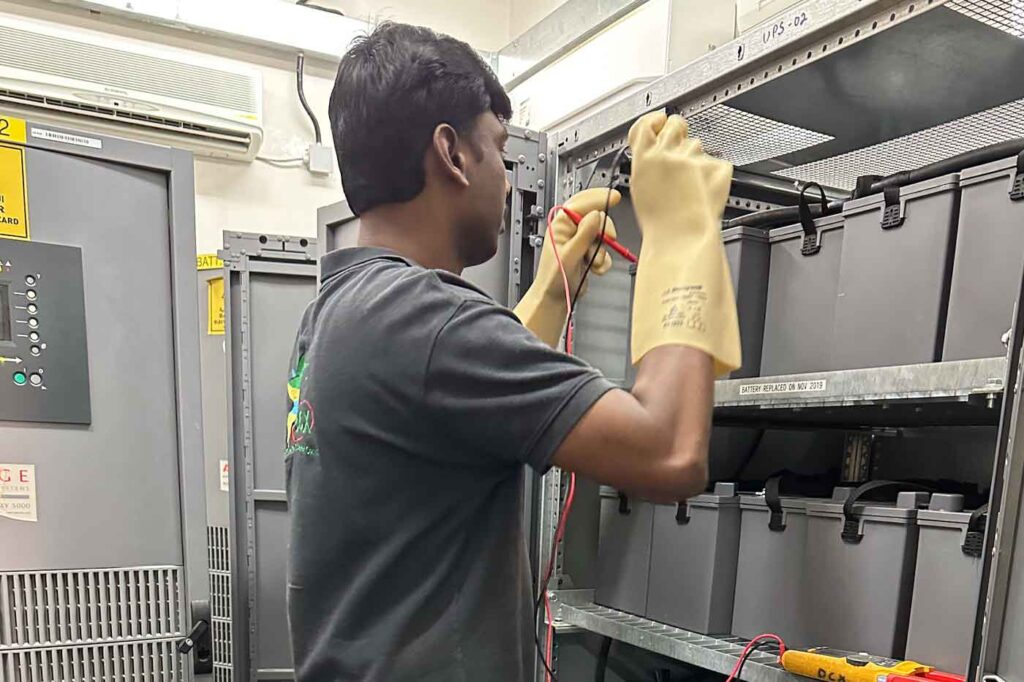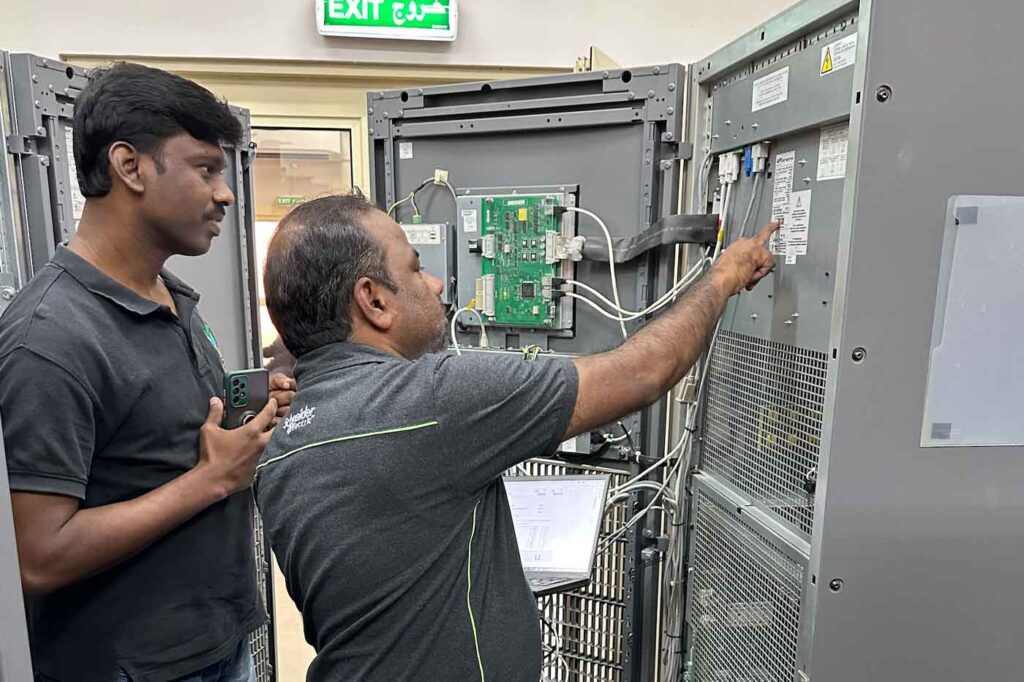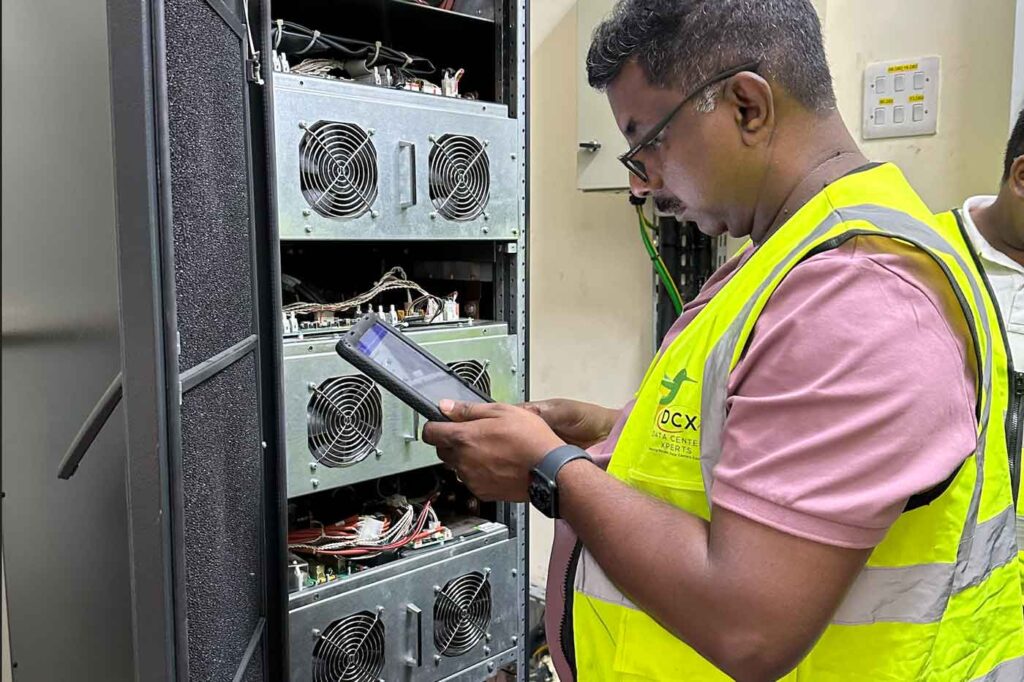Choosing the Right UPS System
Power Up Your Business: The Ultimate Guide to Choosing the Right UPS System for Uninterrupted Performance
In today’s fast-paced business landscape, uninterrupted performance is not just a luxury—it’s a necessity. Picture this: a sudden power outage strikes, and your operational flow comes to a grinding halt. The aftermath? Lost revenue, productivity setbacks, and damage to your reputation.
That’s where an Uninterruptible Power Supply (UPS) system becomes your business’s best ally. But with a myriad of options available, how do you ensure you’re choosing the right one? In this ultimate guide, we will explore the essential factors to consider when selecting a UPS system tailored to your company’s unique needs. From understanding power requirements to evaluating battery life and scalability, each aspect is crucial in powering up your business resilience.
Join us as we navigate through the intricacies of UPS systems, helping you safeguard your operations against unexpected disruptions for seamless performance every day. Let’s ensure your business stands strong, no matter what challenges arise.
Understanding UPS Systems: What They Are and How They Work
Uninterruptible Power Supply (UPS) systems are vital components in maintaining the continuity and reliability of your business operations. Essentially, a UPS system acts as a safeguard against power interruptions, providing emergency power when the main power source fails. This can be due to various reasons such as power outages, voltage drops, or electrical surges. By instantly switching to battery power, a UPS system ensures that your critical equipment remains operational, preventing data loss and operational downtime.
The core functionality of a UPS system revolves around its ability to store energy in batteries. When a power disruption occurs, the UPS system detects this change and swiftly transfers the power load to its batteries, maintaining a steady power supply. This transition is typically seamless, allowing your equipment to continue functioning without any interruption. Additionally, advanced UPS systems come with features that filter out power irregularities, such as spikes and noise, ensuring that the power delivered is clean and stable.
UPS systems come in various configurations and capacities, tailored to meet different needs. From small desktop models designed for individual computers to large-scale systems that support entire data centers, the underlying principle remains the same: to provide uninterrupted power supply and protect your valuable assets. Understanding how UPS systems operate and their significance in your business infrastructure is the first step toward making an informed decision.
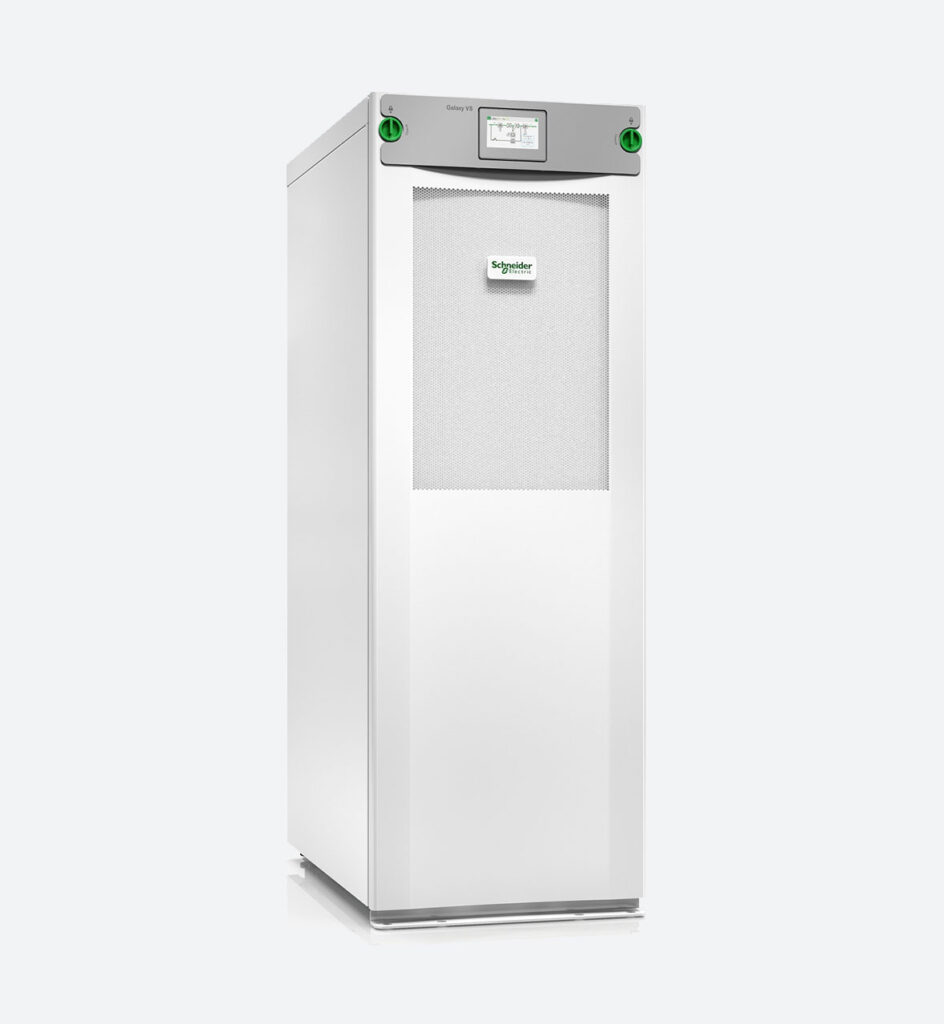
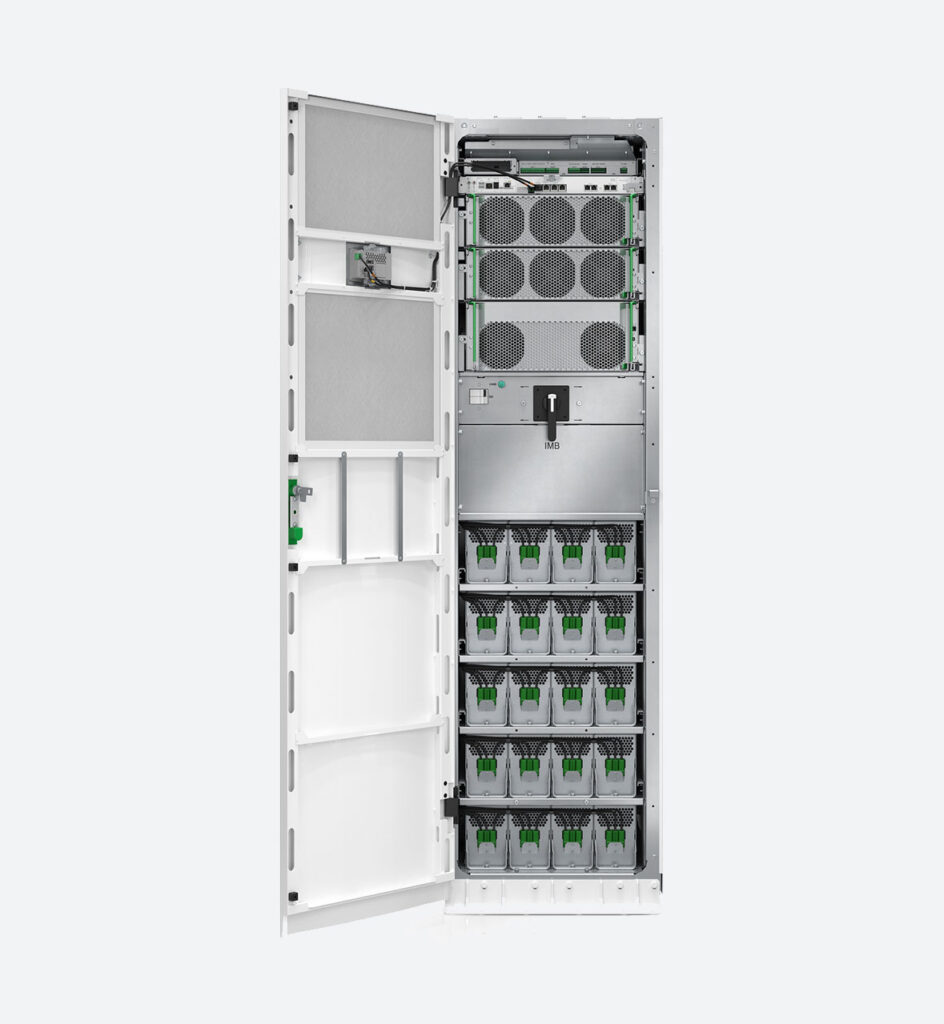

Importance of a Reliable UPS for Business Operations
The importance of a reliable UPS system in business operations cannot be overstated. Imagine the catastrophic consequences of a power outage during critical business hours. Not only would productivity come to a halt, but there could also be significant financial losses and damage to your company’s reputation. A UPS system mitigates these risks by providing a bridge of power during outages, ensuring that your operations continue smoothly.
If we’ve learned anything this past year, disruption, agility and resiliency are essential to modern Industry. Francisco Betti, World Economic Forum and I discuss what bold moves are critical and how #UniversalAutomation is the future of Industry. #IndustriesOfTheFuture.
Peter Herweck’s Post, Schneider Electric CEO
Businesses today rely heavily on technology, from computers and servers to communication systems and automated machinery. These systems are sensitive to power fluctuations and require a consistent power supply to function correctly. A UPS system acts as a buffer, protecting these devices from damage caused by sudden power loss. This protection extends beyond just keeping the devices running; it also prevents data corruption and loss, which can be detrimental to your business.
Moreover, in industries where uptime is crucial, such as healthcare, finance, and manufacturing, the role of a UPS system becomes even more critical. For instance, hospitals depend on uninterrupted power for life-support systems and medical equipment. Financial institutions require constant connectivity to manage transactions and data processing. Manufacturing plants rely on automated systems for production processes. In these scenarios, a reliable UPS system ensures operational resilience, safeguarding against disruptions that could have far-reaching impacts..



